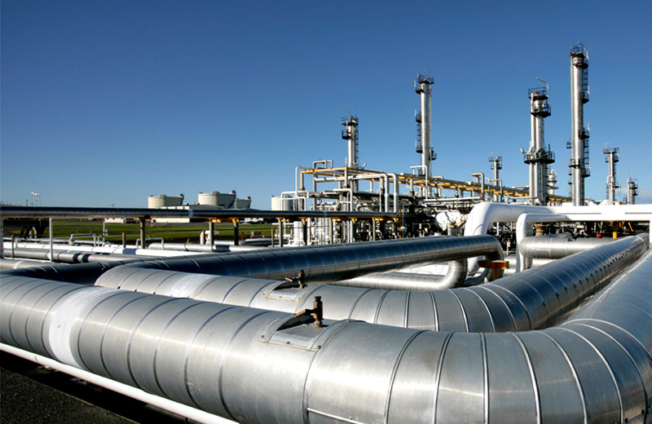Even as Ghana gears up for the Continental Free Trade Agreement Area in 2021, existing weaknesses in the country’s export sector pose a threat to competition, home and abroad.
A strategy document on the National Export Development Strategy (NEDS) cites; “infrastructural deficit in electricity, water, road and rail networks; insufficient incentives for export, difficulty in the access to credit and high cost of borrowing,” among others as areas needing urgent intervention.
The Continental Free Trade Agreement Area - with a trade potential of 3 billion dollars - has pressured African economies to milk out the best goods distinction and trade incentive to be highly competitive and profitable.
“The potential dynamic benefits of the AfCFTA are particularly important. Larger integrated markets may well be more attractive to investors and along with new investment could come new technologies and learning that could boost productive capacity”.
Executive Director, Trade Law Center and member of the committee for development policy, remarked in an op-ed to the World Bank.
The 10-year NEDS program has, in ink and print, spelled out interventions to deal with these shortfalls.
In a 12-point intervention strategy, NEDS included connecting leading local companies to global value chains of giant multinationals and the World Food Program to provide ready market and technical support to local companies. Highlights include;
- Application of fiscal incentives and measures to reduce production costs, enhance competitiveness, reduce risk and cost of doing business.
- Provision of effective marketing support to export-oriented companies and industries under the One-District-One-Factory program.
Over the past thirty years, Ghana has enhanced its status in international trade. The country has recorded substantial expansion in total exports (traditional and non-traditional) and imports.
However, the recent weak performance of the Non-Traditional Exports (NTEs) sector and other adverse developments in the external sector have revealed the risks and weaknesses and uncertainties associated with over dependence on a limited range of raw export commodities.
Latest Stories
-
I want to focus more on my education – Chidimma Adetshina quits pageantry
5 mins -
Duct-taped banana artwork sells for $6.2m in NYC
29 mins -
Arrest warrants issued for Netanyahu, Gallant and Hamas commander over alleged war crimes
32 mins -
Actors Jonathan Majors and Meagan Good are engaged
38 mins -
Expired rice saga: A ‘best before date’ can be extended – Food and Agriculture Engineer
46 mins -
Why I rejected Range Rover gift from a man – Tiwa Savage
46 mins -
KNUST Engineering College honours Telecel Ghana CEO at Alumni Excellence Awards
1 hour -
Postecoglou backs Bentancur appeal after ‘mistake’
1 hour -
#Manifesto debate: NDC to enact and pass National Climate Law – Prof Klutse
2 hours -
‘Everything a manager could wish for’ – Guardiola signs new deal
2 hours -
TEWU suspends strike after NLC directive, urges swift resolution of grievances
2 hours -
Netflix debuts Grain Media’s explosive film
2 hours -
‘Expired’ rice scandal: FDA is complicit; top officials must be fired – Ablakwa
3 hours -
#TheManifestoDebate: We’ll provide potable water, expand water distribution network – NDC
3 hours -
IPR Ghana@50: Pupils educated to keep the environment clean
3 hours

